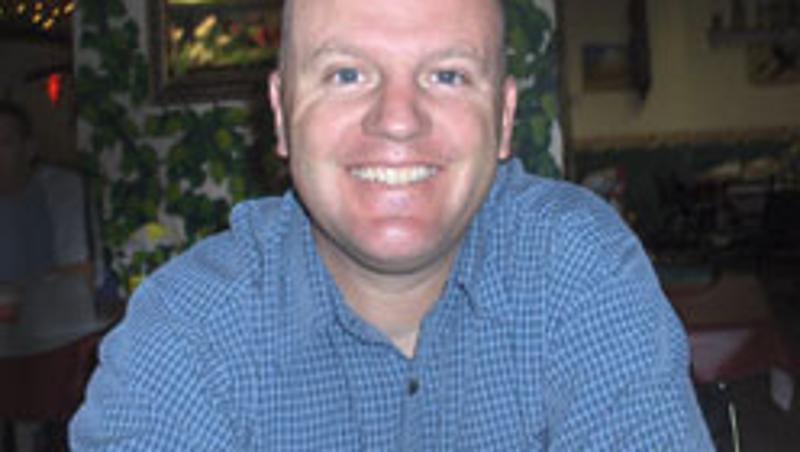
World-leading climate change scientist and Nobel Prize-winner Dr Richard Conant will join forces with Queensland University of Technology (QUT) to research farmland carbon storage.
Dr Conant, who shared the 2007 Nobel Peace Prize with former US Vice-President Al Gore and other IPCC (International Panel on climate change) scientists, will join QUT's Institute of Sustainable Resources and plans to relocate to Brisbane for three years, after being announced as a Queensland Government Smart Futures Fellowship winner this week.
Dr Conant will be working with QUT's ISR to look at how improved grazing management could enable greenhouse gas carbon dioxide emissions to be stored in soil - a technique which is seen as a crucial part of the solution to global warming.
ISR director, Professor Peter Grace, said the carbon storage process, called biosequestration, had the potential to reduce 10-15 per cent of the world's annual carbon dioxide emissions by locking carbon into the soil.
Professor Grace said Dr Conant's three-year fellowship was jointly funded by the Queensland Government and QUT.
"Dr Conant is an international leader in the field of soil carbon sequestration after more than a decade of work on farmland carbon storage," Professor Grace said.
"His presence will further enhance QUT's and the ISR's already formidable reputation as a focal point in biosequestration and greenhouse gas emissions research, nationally and internationally."
Professor Grace is also one of the world's leading climate change experts, also serving as a reviewer for the Intergovernmental Panel on Climate Change. He is internationally-recognised for his work in developing strategies for reducing greenhouse gas emissions from agroecosystems.
Dr Conant was one of 18 Smart Futures Fellowship recipients announced yesterday (Wednesday) by Queensland Premier Anna Bligh as part of the state government's strong investment in research and innovation.
"To build a strong Queensland future powered by bright ideas means investing in research and supporting our best and brightest scientific minds," Premier Bligh said.
"From tackling climate change to the war against disease, there is groundbreaking work being undertaken that deserves to be recognised and supported.
"We want to support our local scientific talent and attract leading scientific talent from around Australia and indeed the world. That's exactly what we are doing through fellowships like these."
Dr Conant currently works with one of the world's leading ecological think tanks, the Natural Resource Ecology Laboratory at Colorado State University, in the United States.
Professor Grace said Dr Conant's research would contribute heavily to much needed information on practical mitigation strategies for increasing soil carbon and reducing nitrous oxide and methane emissions.
He said improving land management practices and increasing carbon content in soil would provide many benefits to farmers and graziers.
For further information contact:
Ian Eckersley, QUT Media Manager (07) 3138 2361, ian.eckersley@qut.edu.au
Harminder Bhar, ISR Project Officer (07) 3138 7009, h.bhar@qut.edu.au
About QUT's Institute for Sustainable Resources (ISR):
ISR conceptualises, develops and manages projects in the rapidly changing and complex research area of sustainability. ISR's core research is focussed on providing solutions for adapting to and mitigating the impacts of climate change on our natural, agricultural, urban and social systems.


